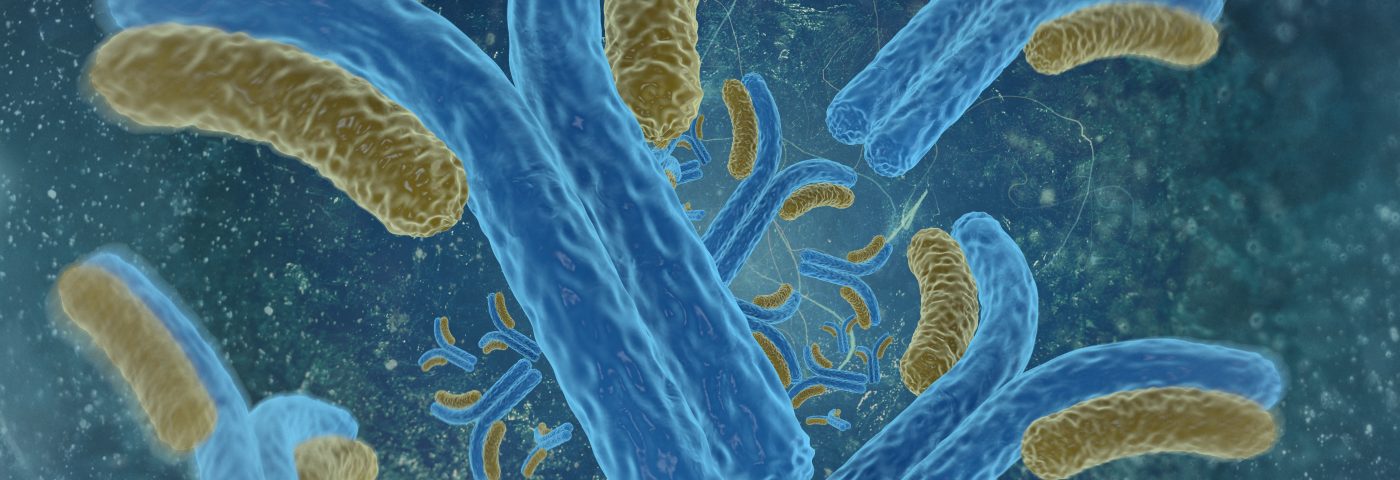Monoclonal antibodies against CD26 may be a new adjuvant therapy in the treatment of malignant mesothelioma (MM) patients, according to a study published in the journal Cancer Cell International, and titled “A humanized anti-CD26 monoclonal antibody inhibits cell growth of malignant mesothelioma via retarded G2/M cell cycle transition.”
Malignant mesothelioma is an aggressive disease associated with occupational exposure to asbestos that has a poor prognosis. The preferred treatment option for MM is extrapleural pneumonectomy, but the median survival of patients undergoing such therapy alone is less than 10 months, emphasizing the need for multimodal treatments. Consistently, studies report that people treated with neoadjuvant chemotherapy (cisplatin and premetexed), extrapleural pneumonectomy, and adjuvant radiation therapy have a mean survival of 29.1 months, compared to 18.4 months in controls. But not all patients can tolerate aggressive therapies, and new molecular-targeted treatments are required.
A number of studies have shown that CD26 is highly expressed in several malignancies, including MM, lung adenocarcinoma, hepatocellular carcinoma, prostate cancer, and thyroid cancer. In MM, particularly, CD26 expression has been reported in about 85 percent of cases, and is thought to be involved in tumor growth and invasion by interacting with proteins from the matrix, or affecting signal transduction processes.
Researchers from Saitama Medical University, Japan, who had already developed a humanized anti-CD26 antibody (YS110) with anti-tumor activity against CD26-positive malignancies, addressed the direct effect of YS110 in MM.
The investigators found that when YS110 was used in vitro against two different MM cell lines (NCI-H2452 and JMN), the proliferation rate of these cells dropped by about 20 percent, due to modifications in the quantity and activity of several cell cycle regulators that led to an arrested cell cycle. Researchers also revealed that, when given in combination with premetexed, a standard agent against mesothelioma, YS110 was able to inhibit mesothelioma cell growth in vivo. Premetexed rapidly induced CD26 expression on the cell surface, allowing for a synergistic effect of both premetexed and YS110 on cell growth, and leading to smaller tumors than in mice treated with premetexed or YS110 alone.
“Pemetrexed (PMX) induced augmented CD26 expression in both NCI-H2452 cells and JMN cells rapidly,” the authors concluded. “This induction of cell surface CD26 on MM cells may be useful for anti-CD26 MoAb [monoclonal antibody] therapy against MM.”


